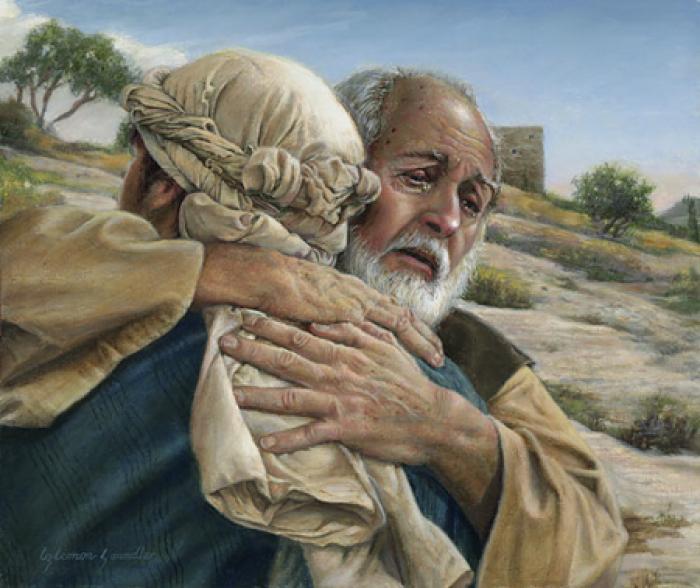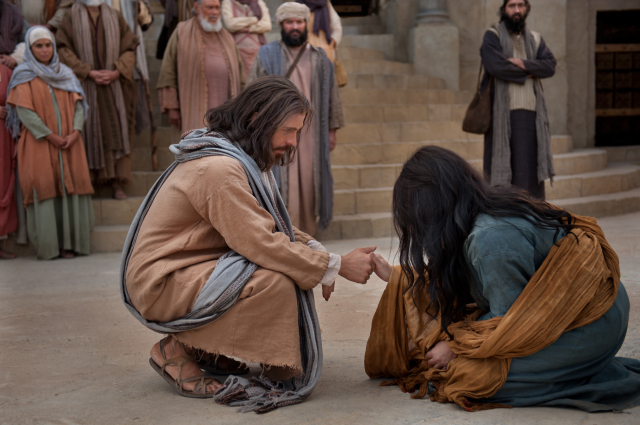


If the prodigal son was forgiven for his riotous living, why would he not be equal to the son who had not sinned?
Question Gramps, Last year when I was teaching the New Testament I came across this quote in “Doctrinal New Testament Commentary” by Elder Bruce R. McConkie p. 512. This comment was in reference to the Prodigal Son. “But we need not suppose...
Why it is so hard to turn the other cheek?
If we take judgement and punishment into our own hands, we will likely give either too much or too little, If we leave it in the Lord’s hands the punishment will be excruciatingly appropriate.

How can I forgive myself?
Self forgiveness is often a difficult task. However, since the Lord “remembers [our] sins no more,” neither should we.

Can I really be forgiven for my sins?
True repentence completely absolves the sinner from any culpability before the Lord for the sins committed.

Must I have a broken heart in order to repent?
A person who cannot bring himself to be humble or to plead for forgiveness for his sins, may expect that he will have to pay for them himself, as if there had been no Savior.

Why did David remain so loyal to Saul and honor him even though David had been anointed to be the new king?
The way David honored Saul in his calling as king is an example for all of us to honor and sustain our ecclesiastical leaders.

What is the difference between forgiveness and reconciliation?
Forgiveness implies a unilateral act on the part of the offended one, and reconciliation implies unification between the offended one and the offender.

How can the Lord forgive us when He knows we will sin again?
The Lord will truly forgive anyone who truly repents. We must never give up, even if we feel we’ll never be completely free from temptation.

